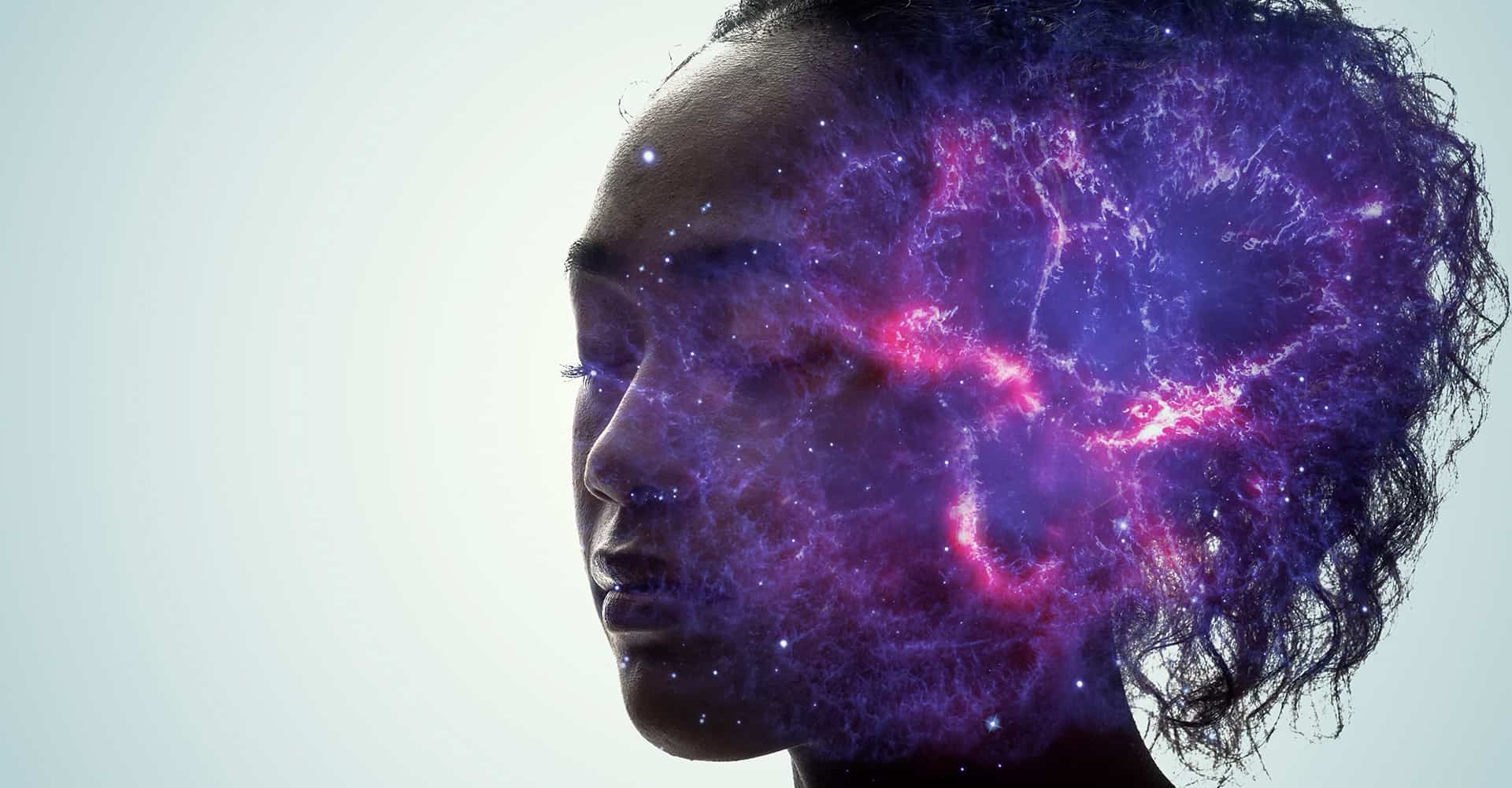Anxiety disorders affect millions of people globally, with varying degrees of severity and impact on daily life. While traditional therapeutic approaches have proven effective for many, some individuals experience treatment-resistant anxiety, where conventional treatments show limited success. In recent years, the exploration of alternative and advanced solutions has led to the emergence of Ketamine-Assisted Psychotherapy (KAP) as a promising option for those struggling with severe anxiety.
Understanding Treatment-Resistant Anxiety:
Treatment-resistant anxiety is a challenging condition where individuals do not respond adequately to standard therapeutic interventions, such as cognitive-behavioral therapy (CBT) or medication. This resistant nature can significantly impact a person’s quality of life, making it crucial to explore innovative approaches.
The Rise of Ketamine-Assisted Psychotherapy:
Ketamine, originally developed as an anesthetic, has gained attention for its potential in mental health treatment. In recent years, clinicians have been exploring its use in psychotherapy, particularly for treatment-resistant conditions. Ketamine-Assisted Psychotherapy combines the benefits of ketamine with therapeutic support to address anxiety at its roots.
How Ketamine Works:
Ketamine operates on the glutamate system, influencing neural pathways associated with mood regulation. Unlike traditional antidepressants that primarily target serotonin, ketamine’s unique mechanism of action provides rapid relief from depressive and anxious symptoms. This makes it a potential game-changer for individuals who haven’t responded well to other treatments.
The Process of Ketamine-Assisted Psychotherapy:
Ketamine is administered in a controlled and supervised environment, typically through intravenous infusion, intramuscular injection, or in some cases, through oral lozenges or nasal spray. The therapy is conducted with a trained mental health professional who guides the individual through the experience. The psychedelic nature of ketamine allows patients to explore their thoughts and emotions more deeply, facilitating a more profound therapeutic process.
Benefits of Ketamine-Assisted Psychotherapy:
- Rapid Onset of Effects: Ketamine often provides relief much quicker than traditional antidepressants, offering hope to those who need immediate relief.
- Neuroplasticity and Healing: Ketamine has been associated with promoting neuroplasticity, helping the brain form new connections and facilitating healing from past traumas.
- Extended Duration of Relief: Some individuals experience sustained benefits from a single ketamine session for an extended period, reducing the need for frequent interventions.
- Enhanced Therapeutic Insights: The altered state induced by ketamine can provide individuals with unique perspectives on their anxiety, allowing for more profound therapeutic insights.
Ketamine-assisted psychotherapy represents a cutting-edge approach to treating treatment-resistant anxiety. As research in this field advances, it is essential for individuals considering this option to engage in open discussions with qualified mental health professionals, carefully weighing the potential benefits against the risks. While not a cure-all, ketamine-assisted psychotherapy stands as a beacon of hope for those who have found little relief through traditional means, offering a new path towards mental health and well-being.










 Daytryp Health has taken
Daytryp Health has taken  The
The 